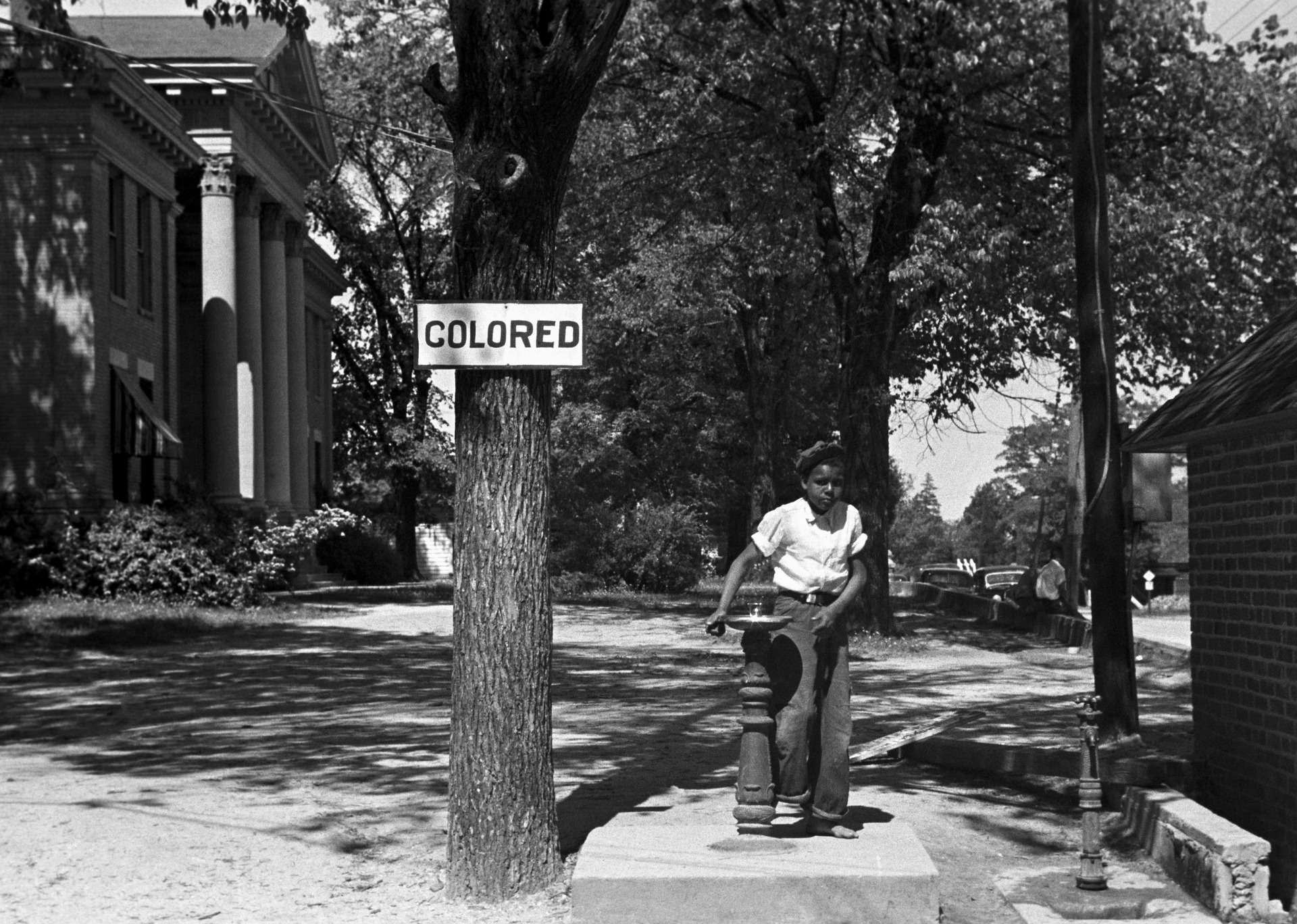The use of the N-word has been the topic of rife debates over the years. The fact that the word is often referred to as “the N-word” just proves that it is the most controversial, derogatory and inherently racist word to date. There is no equivalent. Yet, non-black people still seem to have a weird fascination with saying the word, despite knowing what the word connotes and who it offends. One of the biggest debates surrounding the use of the N-word stems from hearing it used within music, specifically rap.
Some people have suggested that it is hypocritical that popular black rappers like Jay-Z and Kendrick Lamar can use the word, but expect non-black fans to not sing it along with them. As Jay-Z said in an interview with David Letterman for the Rolling Stone’s magazine, “when someone has used a word to down your entire culture, what hip-hop did is take that word and flip it, use it as a word of empowerment.” Its use in hip-hop music was to gain a sense of empowerment from something previously used as a slur reclaims the word.
Not every individual in the black community approves of the N-word even when it’s being used by a black person themselves. It’s a complicated issue that goes down to personal preference for black people. If you’re not a member of the black community, you do not have the right to comment on whether we can use the word or not. It is a discussion that can happen only between us. Although nobody can physically stop non-black people from using the N-word, freedom of speech does not mean freedom from consequence. No matter what your intention is, the word means something different depending on your relative status. It’s the same as hearing a woman jokingly call her friend a “bitch”, you wouldn’t assume you have the right to call that person a “bitch” too. It takes seconds to censor yourself from saying the N-word, yet people choose not to and there really is no acceptable reason for it. The only explanation to why people are so desperate to use the word is entitlement.
“Though nobody can physically stop non-black people from using the N-word, freedom of speech does not mean freedom from consequence”
As Aliah Lackman states in her article, ‘A guide to (not) using the N-word’: “First and foremost, it is important to substitute “can” for “should” where this question is concerned. When told you can’t do something, the triggering response is “Why can’t I?” challenging you to search for reasons to grant permission to go ahead and do it. Whereas when you’re told you shouldn’t do something, you react with “Why shouldn’t I?” summoning caution and self-reflection.”
People will use “but it’s just a word” or “what happened to freedom of speech?” to argue their reasons for using the N-word, but they need to ask themselves why they are so desperate to use it. There is a difference between a minority group reclaiming a word that has been used in a derogative way against them in the past and choosing to say a word that doesn’t apply to your social group, simply because you feel entitled to use it.
Michael Harriot offers this analogy in his article, ‘Why It’s OK for Black People, but Not White People to Use the N-Word’: “Let’s say you invited someone to your house to watch the game. Instead of knocking, they waltzed in the unlocked door…and crawled in your bed. You wouldn’t be okay with that, would you?
“If I invite you into my house, I assume you have some common sense or decency…It’s our house. It’s our word.”
Adina Rees

